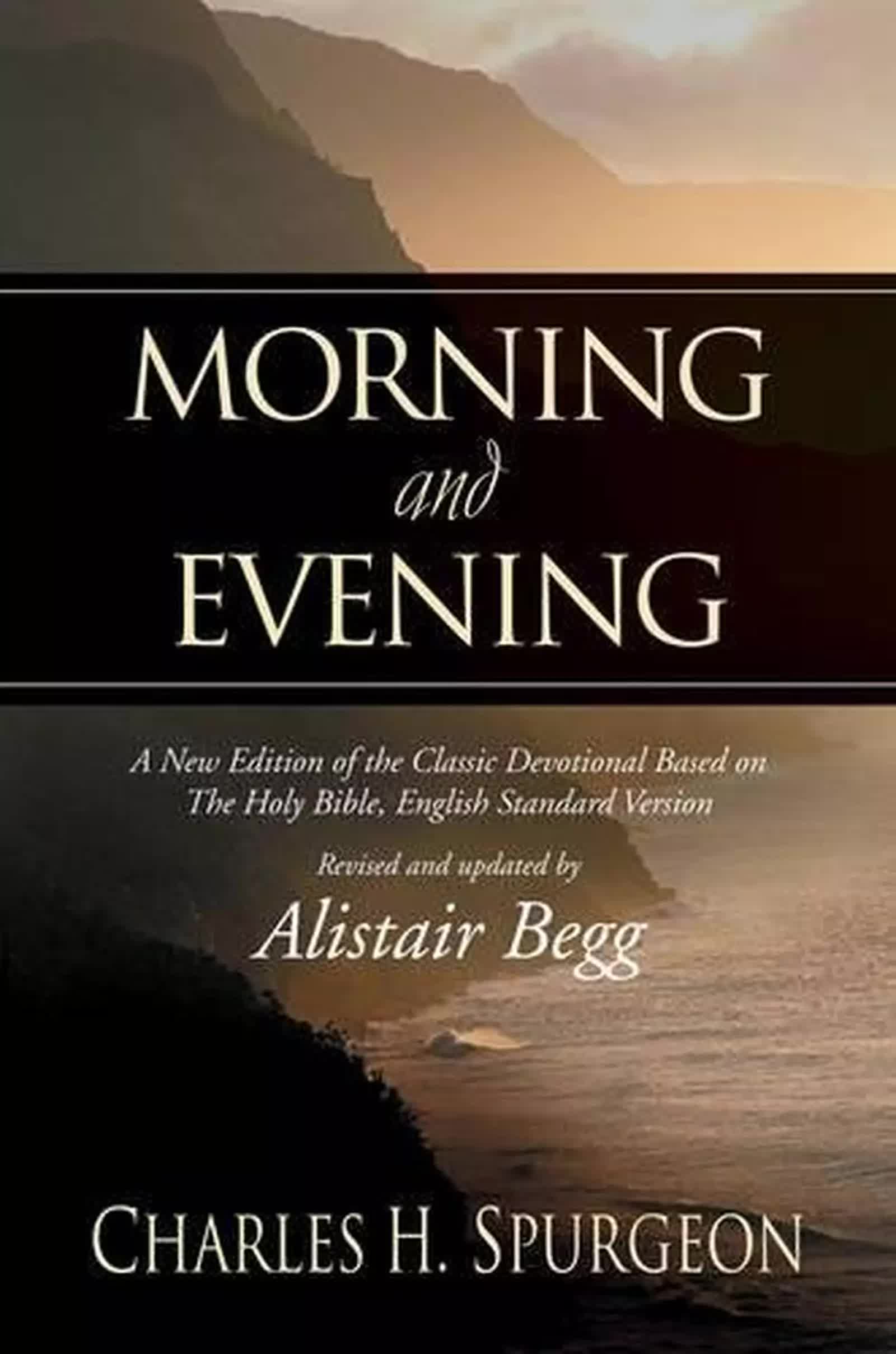
December 31
MORNING
John 7:37
In the last day, that great day of the feast, Jesus stood and cried, saying, if any man thirst, let him come unto Me and drink.
Patience had her perfect work in the Lord Jesus, and until the last day of the feast He pleaded with the Jews, even as on this last day of the year He pleads with us, and waits to be gracious to us.
Admirable indeed is the longsuffering of the Saviour in bearing with some of us year after year, notwithstanding our provocations, rebellions, and resistance of His Holy Spirit. Wonder of wonders that we are still in the land of mercy! Pity expressed herself most plainly, for Jesus cried, which implies not only the loudness of His voice, but the tenderness of His tones. He entreats us to be reconciled.
"We pray you," says the Apostle, "as though God did beseech you by us." What earnest, pathetic terms are these! How deep must be the love which makes the Lord weep over sinners, and like a mother woo His children to His bosom! Surely at the call of such a cry our willing hearts will come. Provision is made most plenteously; all is provided that man can need to quench his soul's thirst. To his conscience the atonement brings peace; to his understanding the gospel brings the richest instruction; to his heart the person of Jesus is the noblest object of affection; to the whole man the truth as it is in Jesus supplies the purest nutriment.
Thirst is terrible, but Jesus can remove it. Though the soul were utterly famished, Jesus could restore it. Proclamation is made most freely, that every thirsty one is welcome. No other distinction is made but that of thirst. Whether it be the thirst of avarice, ambition, pleasure, knowledge, or rest, he who suffers from it is invited. The thirst may be bad in itself, and be no sign of grace, but rather a mark of inordinate sin longing to be gratified with deeper draughts of lust; but it is not goodness in the creature which brings him the invitation, the Lord Jesus sends it freely, and without respect of persons. Personality is declared most fully.
The sinner must come to Jesus, not to works, ordinances, or doctrines, but to a personal Redeemer, who His own self bare our sins in His own body on the tree. The bleeding, dying, rising Saviour, is the only star of hope to a sinner. Oh for grace to come now and drink, ere the sun sets upon the year's last day! No waiting or preparation is so much as hinted at. Drinking represents a reception for which no fitness is required. A fool, a thief, a harlot can drink; and so sinfulness of character is no bar to the invitation to believe in Jesus. We want no golden cup, no bejewelled chalice, in which to convey the water to the thirsty; the mouth of poverty is welcome to stoop down and quaff the flowing flood. Blistered, leprous, filthy lips may touch the stream of divine love; they cannot pollute it, but shall themselves be purified. Jesus is the fount of hope.
Dear reader, hear the dear Redeemer's loving voice as He cries to each of us, "If any man thirst, let him come unto Me and drink."
Purchase your own copy of Spurgeon's classic Morning and Evening devotional.
Or, catch up on Morning and Evening in our Archives.
